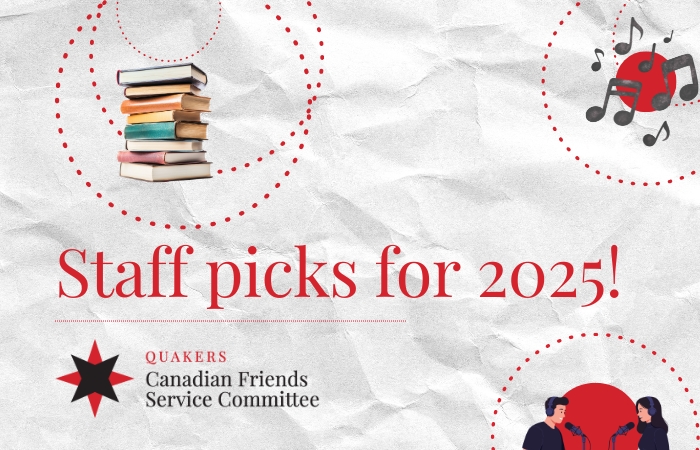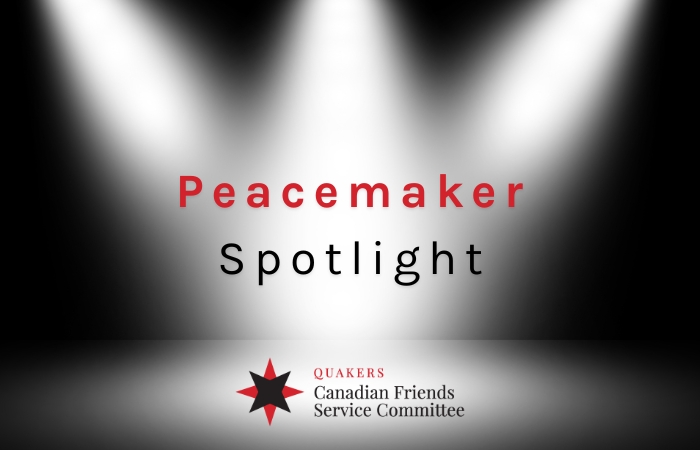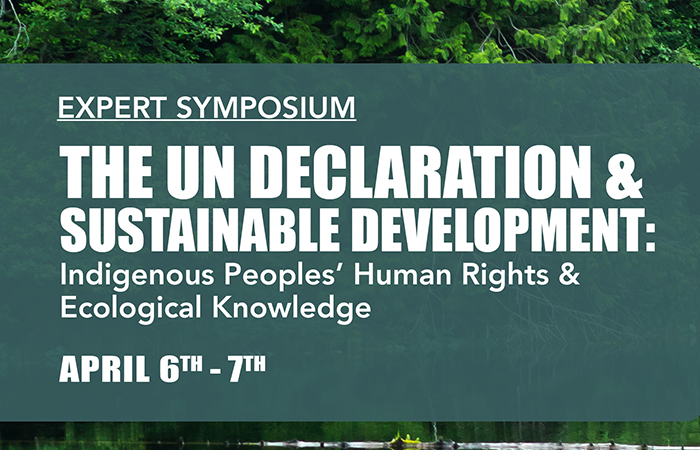
UN Declaration & Sustainable Development Symposium
March 31, 2022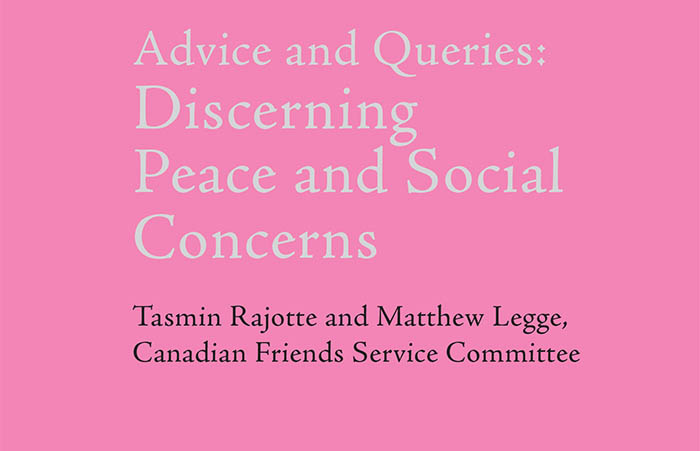
Discerning peace and social concerns
April 20, 2022Canada is collaborating with other countries to respond to the COVID-19 pandemic. We now also need collaboration to sharply reduce the greater threat we face from the risk of use of nuclear weapons.
Canada, as a member of NATO, relies on threats to use nuclear weapons to discourage actions by other states. This is a very dangerous strategy. In past decades, there have been more than 1,000 instances where these weapons have nearly been launched or exploded due to human error, communications issues, and technical faults.
In June 2022, NATO will conclude a review of its principal “Strategic Concept” policy. Backed by strong science-based information, we urge the Canadian Government to lessen the risk of nuclear weapon use, and emphasize diplomacy in resolving conflicts.
NATO’s Strategic Concept can reduce nuclear risks globally by:
- stating that the supreme guarantee of security is provided by use of peaceful international processes for responses to conflict,
- committing to NO FIRST USE of nuclear weapons to decrease the risk of accidents, and
- energizing negotiations by all states on nuclear disarmament.
Eighty percent of Canadians agree the world should work to eliminate nuclear weapons. All countries agreed to negotiate nuclear disarmament in 1968. Significant reductions have occurred, but roughly 13,000 nuclear warheads remain and 1,800 of these could be used in under 30 minutes.
Scientific evidence confirms that if a nuclear exchange were to occur, we must anticipate:
- the catastrophic physical impacts of the explosive use of nuclear weapons, and
- the environmental impacts of such explosions. (“[A] regional conflict using <1% of the worldwide nuclear arsenal could have adverse consequences for global food security unmatched in modern history”.) The International Red Cross also has spoken on the impacts on food production.
Some 127 states have now pledged that, because there is no adequate humanitarian response for such a disaster, they will cooperate in work to eliminate nuclear weapons.
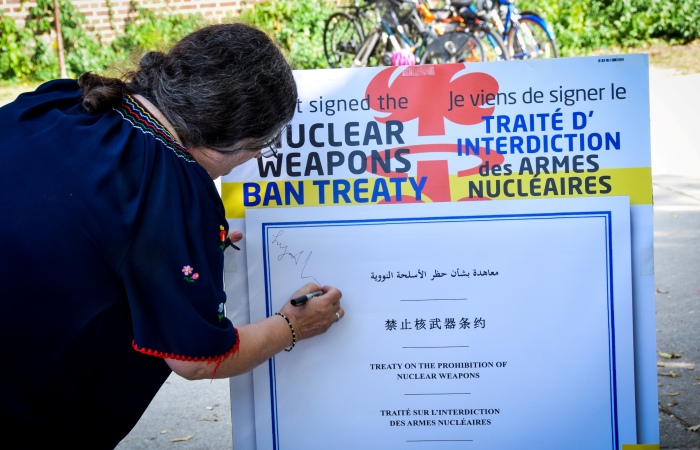
International Humanitarian Law prohibits use of these weapons in virtually all circumstances.
We do not want our security to be dependent on luck in evading highly risky situations. Nor do we want to live under constant fear of global disaster. Our public funds need to respond to existing threats—like the climate crisis, cyber threats, and pandemics—rather than create new disasters.
Human security around the world is being built through negotiations and the practice of conflict resolution. This effort is led by international agencies, UN peacekeepers, nonviolent practices, trade agreements, UN debate, the International Court of Justice, and the International Criminal Court. However, for twenty years, there have been no serious negotiations towards nuclear disarmament. One of the greatest threats to humanity, nuclear disaster, is insufficiently addressed. We need to reduce reliance on, and eliminate, these weapons. The Canadian government needs to create meaningful dialogue within NATO to strengthen these processes and make progress on these goals.
These groups have confirmed support:
African Community Association of Calgary
Canadian Association of Physicians for the Environment/ Association Canadienne des Médecins pour l’Environnement
Canadian Disarmament Information Service (CANDIS)
Canadian Environmental Law Association
Canadian Federation of University Women
Canadian Friends Service Committee (Quakers)
Canadian Pugwash Group
Canadian Voice of Women for Peace
Coalition for Responsible Energy Development in New Brunswick (CRED-NB)
County Sustainability Group (Prince Edward County)
Evangelical Lutheran Church in Canada
Faithful Companions of Jesus
Friends for Peacebuilding and Conflict Prevention
General Council of the Congregation de Notre Dame
Greenspiration
Group of 78
l’Institut Notre-Dame du Bon-Conseil de Montréal
International Physicians for the Prevention of Nuclear War – Canada
Martha Justice Ministry, Sisters of St. Martha, Antigonish
Montreal for a World BEYOND War – Montréal pour un monde sans guerre
National Council of Women of Canada
Peace Quest Cape Breton
Ploughshares Calgary Society
Pontiac Environment Protection
Project Ploughshares
Science for Peace
Sisters of Charity of Ottawa
Sisters of Providence of St. Vincent d Paul
Sisters of St. Joseph of Sault Ste. Marie
The Rideau Institute
The United Church of Canada
Women’s International League for Peace and Freedom, Canada Section.
Women’s International League for Peace and Freedom, Nanaimo chapter.
World BEYOND War
World Federalist Movement – Canada/Mouvement Fédéraliste Mondial – Canada
Download this open letter in PDF. Find out more about CFSC’s peace work.



